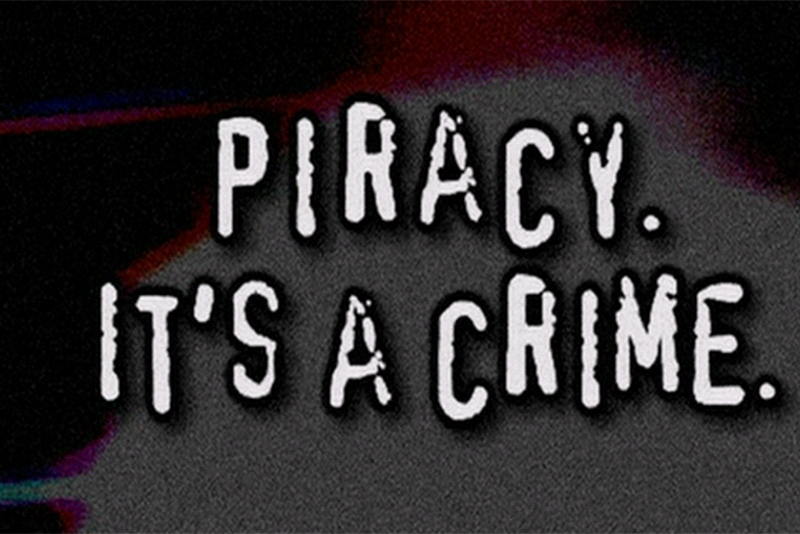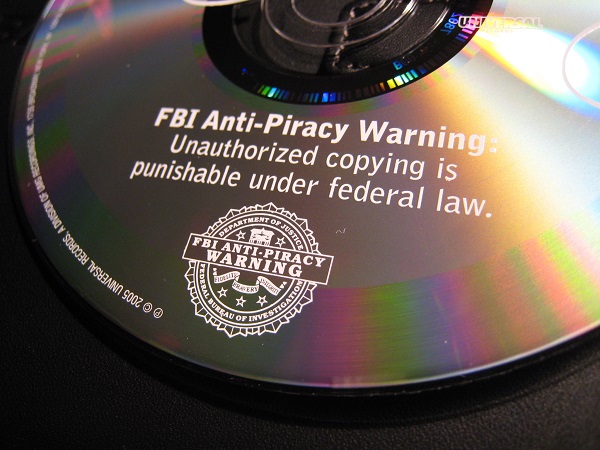The country of Belarus recently passed a law that now allows its government and its people to engage in piracy. To be precise, the new law legalises the pirating of software and multimedia content owned by companies based in “unfriendly nations”.
That list of “unfriendly” nations includes the US, UK, and EU member states. The legislation was signed into law by Belarus’ only President, Alexander Lukashenko, last week and will last for three years until the year 2025.
The new pro-piracy law is likely a response to the numerous sanction that have been imposed upon Belarus, more recently because of its support of Russia’s invasion of Ukraine. For that matter, Lukashenko declared that the piracy law an acceptable crutch to help lift the country’s economy against said embargoes, which have clearly kneecapped it.
While the Belarusian piracy bill will clearly affect the profit margins of IP holders, there is a silver lining of sorts. As per TorrentFreak’s report, while the law strips IP holders of their copyrights within the country, they can still get paid for their pirated content, in due time; the law stipulates that consumers will still have to pay for the material. That payment will then be collected and held by the National Patent Authority (NPA) for three years, in which time the rights owners of their respective IPs can claim said money.
Given Belarus’ track record with the rest of the world, though, things aren’t always as easy as they sound. Firstly, there is the subject of price: rightsholders will not be able to set the price of their goods, the Belarusian government does, so it’s clear that cost within the country is unlikely to follow fair market rules and trends.
Second, if rightsholders do not come forward to claim whatever money has been earned by the Belarus government within the three-year period, the latter keeps all of it. The twist here is that even if the government does inform rightsholders of their fund amount, there is the touchy subject of sanctions; because of them, the NPA’s state-run bank, Belarusbank, cannot easily conduct business with western nations.

Third, even if rightsholders are able to get their money, they will be required to forfeit up to 20% of it to Belarus. This Belarusian government says that this is to cover the management and accounting expenses for both the NPA and its national bank.
Lastly, while the law is set to expire on 31 December 2024, there is nothing stopping Lukashenko or the Belarus government from reinstating it, when and as necessary.
(Source: Techspot, Torrentfreak)
Follow us on Instagram, Facebook, Twitter or Telegram for more updates and breaking news.





